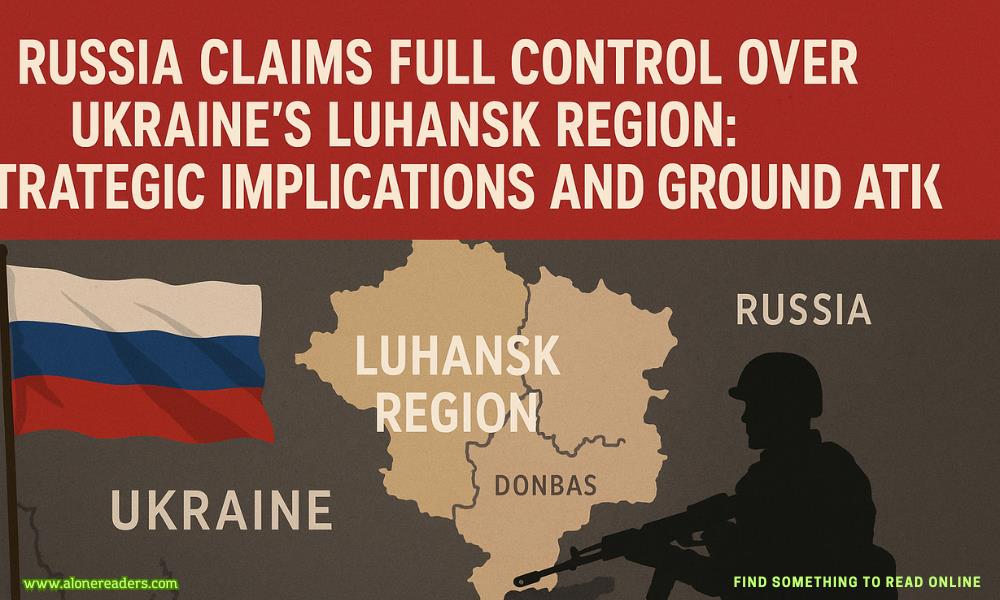Page 93 of Reckless Consequences
He laughs—a sound that’s become more frequent since his call to Dublin last month. Before Roman’s formula rewired him, Finn’s laughter was rare and restrained. Now it comes more easily, carrying emotional depth that his analytical nature once kept carefully contained. His scent shifts slightly when he laughs—the rain-washed stone notes of his beta designation now carrying unexpected warmth that I pick up immediately.
I still remember those terrifying days when we weren’t sure he’d survive—the purple-black lines mapping his veins, his fever spiking beyond what any human should endure, his brilliant mind struggling to process the formula’s assault on his system. Watching Mona fight to stabilize him, the entire pack gathered around his bed, refusing to leave even when medical staff insisted.
Now, looking at him working with his usual precision, it’s hard to believe he was at death’s door just months ago. The physical signs of his ordeal have faded—the strange darkening of his veins completely gone, his color healthy, his movements smooth and coordinated again. But subtle changes remain—enhanced sensory perception that rivals even my virus-altered awareness, an intuitive grasp of emotional contexts that once required conscious calculation, and occasionally, when he’s deeply focused, his eyes take on an unusual luminescence that defies designation classification. It’s like his beta hardware got a complete firmware upgrade—same exterior, entirely new operating system underneath.
“I prefer to think of it as adaptation,” he says, making one final adjustment to the security algorithm.
The irony doesn’t escape me—a hacker who spent years breaking into systems now designing security to keep threats out. Just one of countless reversals in my new life.
“How does it feel?” I ask, watching him make final adjustments to the security protocols. “Knowing you’re going home next month?”
His hands pause briefly over the tablet. “Strange,” he admits. “I haven’t seen my father in seven years.”
“You nervous?”
“Statistically speaking, there’s a sixty-three percent chance of awkward conversation and a forty-seven percent chance of outright argument.” He tries to keep his tone clinical, but I don’t miss the tension in his shoulders.
I bump his shoulder with mine. “You’ve faced down Sterling’s tactical teams and survived a deadly virus. I think you can handle your dad.”
“Different skill sets,” he says dryly, but some of the tension eases. “The formula changed a lot of things, but family dynamics might be beyond even Roman’s capacity for genetic manipulation.”
“Yet Mona says your recovery exceeds all projected models,” I remind him. “Something about ‘unprecedented neurological adaptation’ and ‘enhanced cognitive processing.’“
“Leave it to Mona to make ‘you almost died but got better’ sound like a scientific breakthrough,” Finn says with a small smile.
Through the open door, the sounds of renovation echo throughout the sprawling house—power tools buzzing from the east wing where Ryker oversees structural reinforcement, piano notes drifting from Theo’s nearly-completed music room, occasional crashes from the barn where Jinx is installing his parkour course.
Every corner of the property bears their imprint. Ryker fortified it—lines of defense tucked into the bones of the place, quiet promises no one has to say out loud. Alpha security protocols written in reinforced windows and strategic sightlines.
Finn wove in the tech—clean, quiet, almost invisible, but it hums with his beta precision if you know where to look. Network architecture as methodical as his thought processes, each firewall a mathematical equation made physical.
Jinx carved out space for movement, for sweat and breath and chaos given shape.
And Theo... Theo brought the light. Soft textures, rich colors, little pieces of comfort that settle in your chest and make you breathe easier without knowing why.
And me? I’m the one connecting it all, making sure each piece strengthens rather than compromises the others. Silicon and steel, force and finesse, protection and freedom in balance.
“System test complete,” Finn announces, closing the diagnostic program. “Ninety-eight point seven percent operational capacity.”
“Better than government grade,” I say, genuinely impressed.
“Way better,” he agrees, and there’s pride in his voice. “Though it still needs human monitoring to function at peak efficiency.”
“I can handle the monitoring rotation,” I offer, already mentally adjusting my schedule.
“Actually,” Finn says, pulling up a document on his tablet, “we’ve already worked out a schedule. The whole pack discussed it yesterday while you were on the call with Mona.”
He hands me the tablet, and I scan the carefully balanced rotation that assigns security checks, perimeter monitoring, and system maintenance across all five of us.
“This is... really thoughtful,” I say, surprised by the consideration behind it. Each person’s strengths have been taken into account, with no one person bearing too much of the burden.
“We’re building something sustainable now,” Finn says quietly. “Not just reacting to the next crisis.”
“Look at you, getting all philosophical.”
“Must be your influence.” His eyes meet mine with an intensity that would have been measured before the formula. Now there’s something deeper there—genuine connection that needs no validation.
We head out of the security control room into the main living area, where sunlight floods through the floor-to-ceiling windows overlooking the forested valley below. The space feels like a real home now, with comfortable furniture arranged for both tactical advantage and actual comfort, walls adorned with art that Theo has carefully selected. My shoulders relax the moment I step into the room, a tension I hadn’t realized I was carrying suddenly releasing.
- Merging with the Billionaire by Jenna Brandt
- Enticing Little Omega by Leslie Ayla
- Beneath the Scars by Leslie Ayla
- Faded Rhythm by Shae Sanders
- Dead to Me by Gytha Lodge
- Where Darkness Falls by Morgan Elise
- Taco Daddy by Golden Angel
- Garden Daddy by Golden Angel
- The Masks We Wear by A.M. DiTota
- The Pursuit of Happiness by A.M. DiTota
- Poison Nights & Twilight Alchemy by Candace Robinson
- Knave by Candace Robinson
- Chess by Candace Robinson
- Maddie by Candace Robinson
- Tik-Tok by Candace Robinson
- Ozma by Candace Robinson







